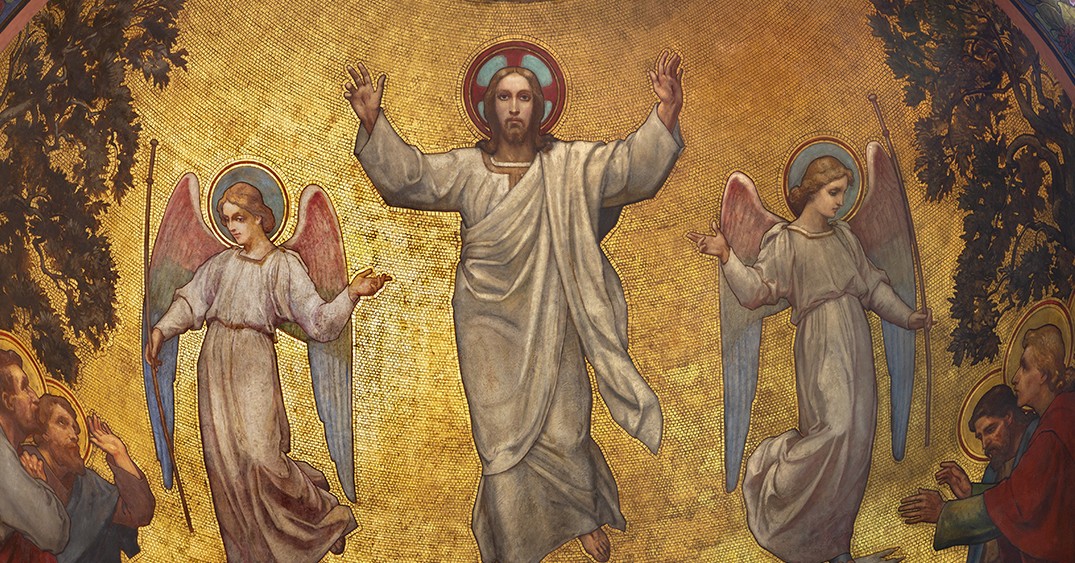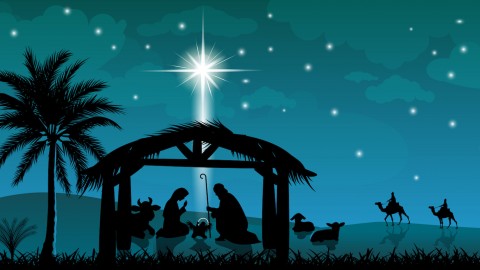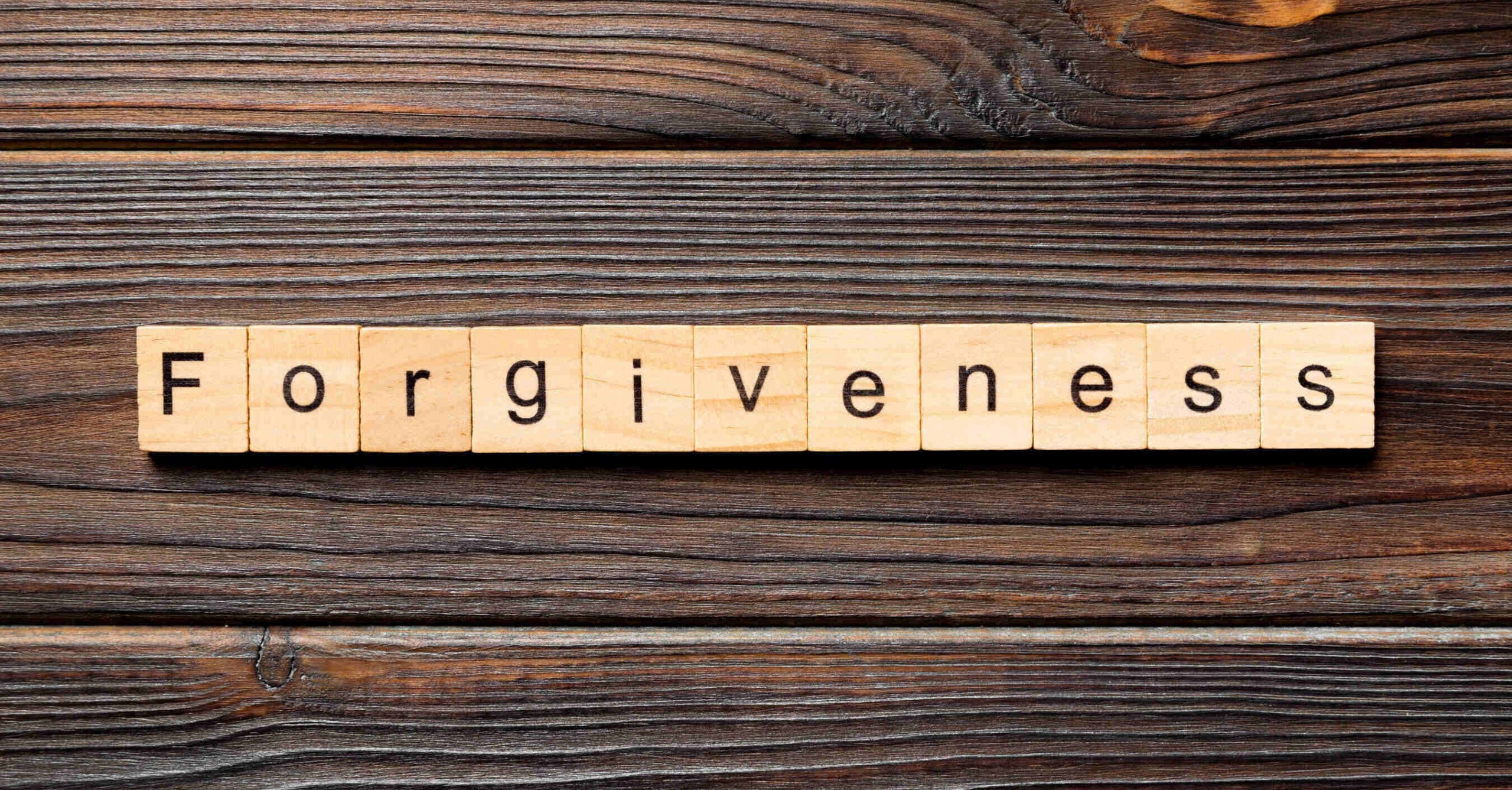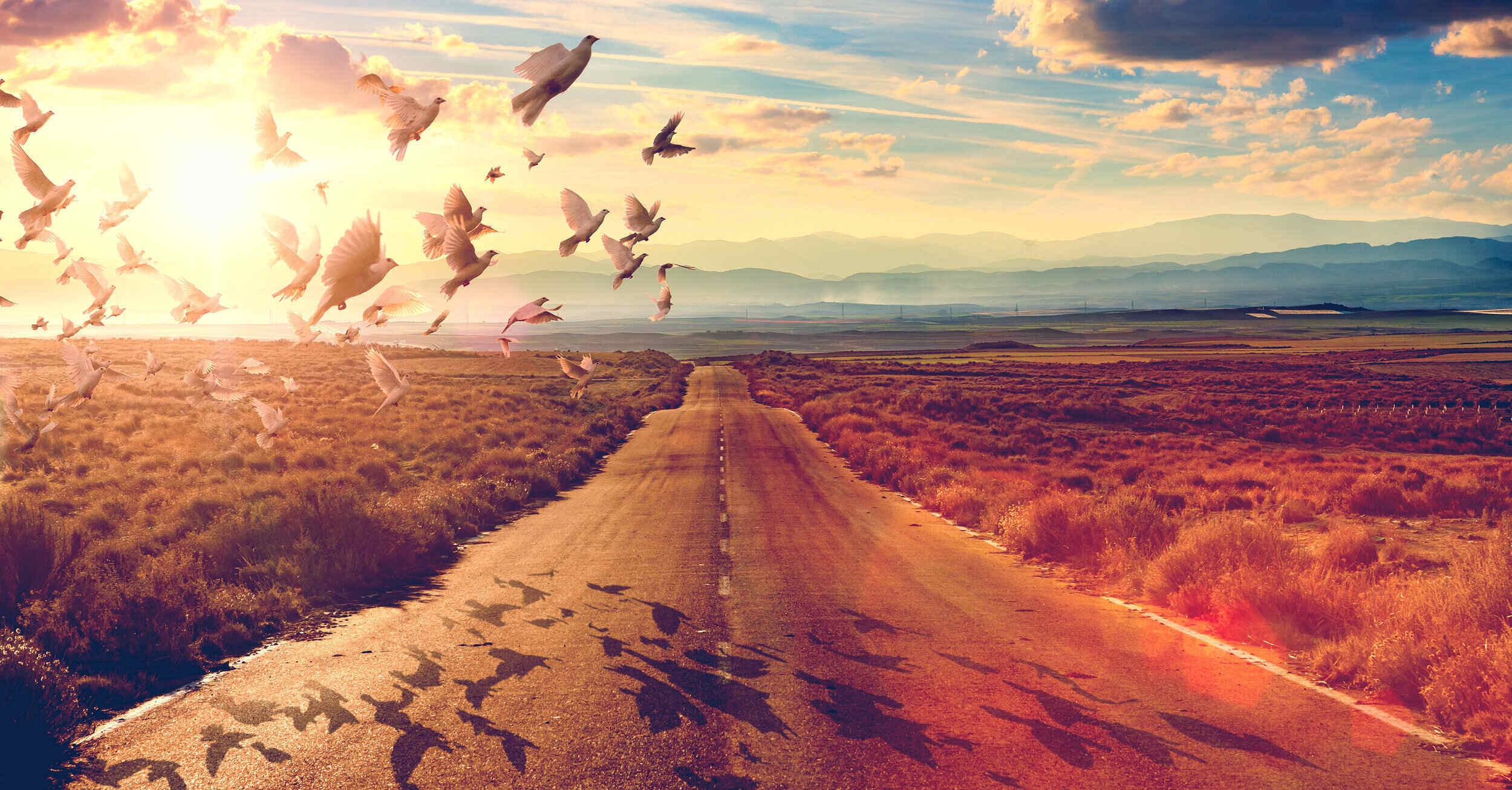The Holy Name, 2 January 2021
Some have expressed sadness that we’ve stopped live streaming daily devotions. It was a time of being trained and awakened to a life of prayer. Jesus’ disciples were saddened when He said He would go to heaven; but had He not done so, it wouldn’t have given the opportunity for the Church to spread throughout the world. God always has a different plan than ours. I encourage you to continue to gather regularly and pray with your family and friends.

The right time
Certain events in human history have had an unimaginable and incalculable effect, such as the birth of Christ, the Great Schism and the Reformation.
To aspire to become the president of a country is a very big decision: it requires enormous resources, a track record, others’ support, and the right message at the right time. Is it a matter of luck to win a presidency, or does it take a certain alignment of stars or planets? What happened during World War II wasn’t accidental, but certain circumstances are ripe for someone to rise to power.
The appearance of John the Baptist and the message of repentance took Israel by storm. People from different walks of life came to listen to his clear message: the earth must be prepared to experience a divine intervention that would affect the whole world. We read about magi coming from the east, led by a star, and worshipping Jesus; and the angels’ appearance to shepherds in the field by night and their worshipping the Child in a manger. God chose that the message of Christ’s birth was announced to the shepherds, not King Herod or the kings of the earth. If God is going to do something in the earth, you’ll hear it in the Church, not on Facebook or Instagram. The Church will be the first to know about it.
Respond to Jesus
When Jesus commenced His earthly ministry, He called Peter and Andrew, James and John. Their response is surprising and hard for us in the 21st century to understand. Immediately, without hesitation, they abandoned their trade and even their family, to follow a carpenter’s son from Nazareth who claimed to be the Messiah. In the early 1980s, we were eager to give our lives to serve the Lord full time and demonstrate faith in God. If we had a calling, we didn’t hesitate; we were competing with each other to respond – unlike today, sad to say. When people are called by God, there’s too much hesitation: Where will I get my money? How will I feed my family? God will have to teach us faith again.
Is this human vulnerability and gullibility? In times of desperation, people believe whatever they hear, to save them from a situation. Or was it that they saw something in Jesus, and when they heard His voice something touched their hearts? Was it an encounter with embodied grace through this carpenter’s son; or was Jesus filled with charisma, so that they were mesmerized or spellbound simply by looking at Him?
Expect God to fulfil His promises
From a political perspective, Israel was occupied by Rome, and the Israelites believed God would send a Messiah to rescue them. God reminded them repeatedly of the promise of the Messiah; God does not forget His promises to His people – we forget our promises to Him. There was momentum, as when a snowball rolls from the top of a mountain, increases speed and accumulates more snow. When John the Baptist appeared, the time was ripe: the children of Israel knew God had promised something, and were sure this was the time when He would fulfil His promise. It had been building for thousands of years; through the prophets, they were continually reminded. The reason we come to church is that we’re constantly reminded of God’s promise; it’s where we hear His promise. There are times when we forget. It has been brewing and simmering, and it’s about to happen.
Volcanos don’t simply erupt overnight; there are usually signs one or two weeks before it happens. When mothers give birth, there are birth pangs, the water breaks, then you go to hospital. When God does something, it’s not without making at least some people aware. Before Abraham haggled with God about Sodom and Gomorrah, God said, “Will I not tell Abraham what I am about to do?” If we ignore the warnings and notable signs, we might be surprised; but usually when God does something in the earth, there are signs and “birth pangs”. The history of Israel, the oracles of the prophets, the expectation of the Messiah and the conditions of His coming, were known to first-century Israel. This led to something palpable – something noticeable, tangible or solid, of which some say, “you could cut it with a knife” – even as fear is very evident today. When Jesus came and when John the Baptist announced the message, Israel was at that very ripe point; it was the right and proper time.
Optimism and hope
Many people make New Year’s resolutions. This is good from a pragmatic standpoint: it’s better to have a vision and a goal than not. However, it takes a lot of determination to fulfil them. Henri Nouwen distinguished between optimism and hope:
“Optimism and hope are radically different attitudes. Optimism is the expectation that things—the weather, human relationship, the economy, the political situation, and so on—will get better.”
I’ve heard many people say, “I wish (or hope) 2022 will be a better year; I wish I’ll have a better job, my health will be better…” That is optimism.
“Hope is trust that God will fulfil God’s promises to us in a way that leads us to true freedom. The optimist speaks about concrete changes in the future. The person of hope lives in the moment with the knowledge and trust that all of life is in good hands.”
You and I don’t know what will happen this year. We wish certain thing will happen, that we’ll have enough and be OK; but Christians are called and summoned to have hope in God. Even when you lose your job, you face that situation knowing God will not abandon or forsake you. That’s hope. When you’re sick, rather than saying, “I wish I’ll be healed”, you know there’s a God who promised to heal you. That’s the strength Christians have, which makes a difference compared with optimism. Even when we face death, we can say, “God promised to resurrect me from the dead”.
“All the great spiritual leaders in history were people of hope. Abraham, Moses, Ruth, Mary, Jesus, Rumi, Gandhi, and Dorothy Dayall lived with a promise in their hearts that guided them toward the future without the need to know exactly what it would look like.”[1]
We don’t know what 2022 will look like – we wish we did; but there’s nothing to fear. Everything is in the hands of the God whom we trust, who will never leave us nor abandon us. We have hope, because the God who promised will fulfil it in His right and proper time, whether humans like it or not, and whether humans are ready or not. As Christians, let us be a people of hope; let’s go beyond optimism and put our faith and trust in God.
Let’s develop our faith if we need to. We didn’t pray Psalm 91 to remind God that He has to protect us, but to remind ourselves that He protects us. We don’t need to remind God to provide for us – we need to remind ourselves. When we find ourselves in a difficult situation, we remind ourselves that God does not leave or forsake us. That is hope.
Often New Year’s resolutions are wishful thinking and optimism. I tried jumping up and down on New Year’s Day, but it didn’t make me taller. Some say that if you wear a dress with polka dots, you’ll have more money – but not if you have a credit card! Let’s approach 2022 with hope in God: He will fulfil His promises to us, and whatever comes our way, He will not leave or forsake us.
[1] Henri Nouwen, Bread for the Journey: A Daybook of Wisdom and Faith (San Francisco: Harper SanFrancisco, 1997)









